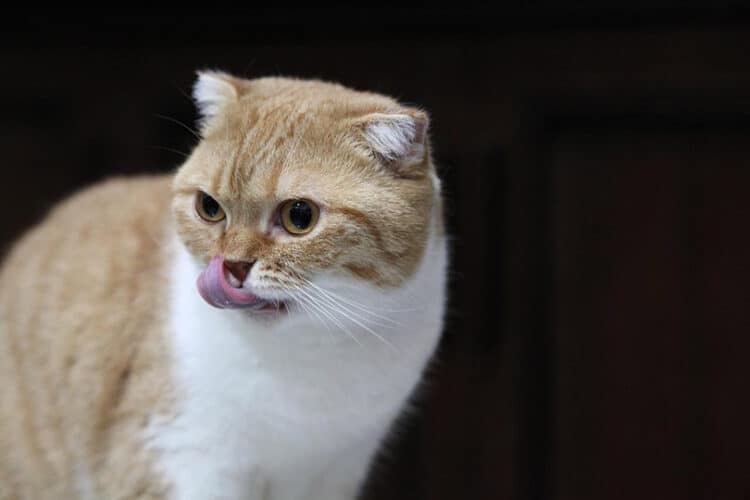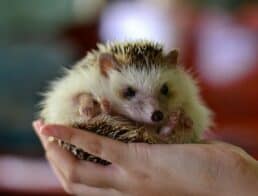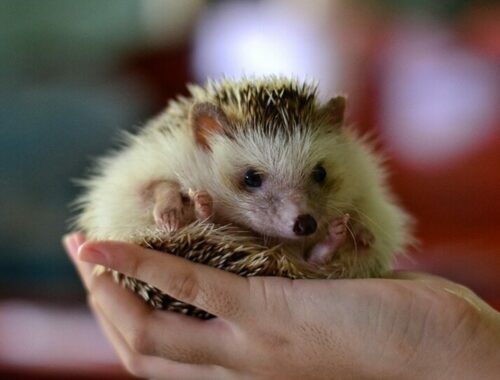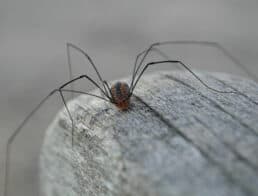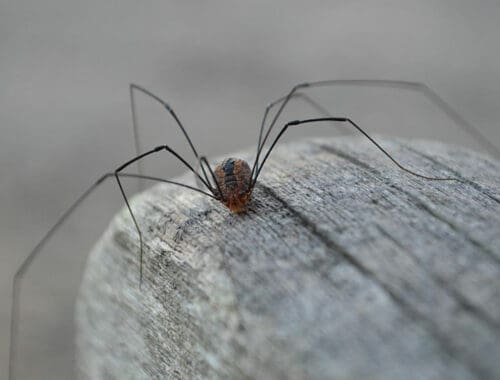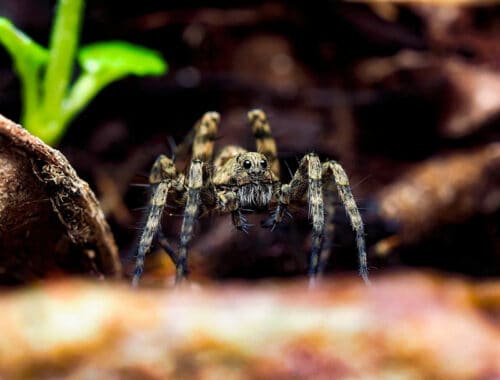Unlike humans and dogs, cats are not omnivores. They’re obligate carnivores and mainly consume meat. However, this doesn’t simply mean that cats should only eat meat. In fact, there are some meat products that are actually unsafe for cats to consume.
When it comes to a cat’s diet, the most important thing is to ensure that its nutritional requirements are being met. Here’s what’s known about appropriate diets for domestic cats.
Cat’s Nutritional Needs
Most experts agree that cats cannot live off a vegan diet1 because they need important nutrients and proteins found in meat. However, this doesn’t mean that they should only eat meat or a raw diet. It’s important to remember that domestic cats aren’t the same as wild cats, and their diets have deviated.
Therefore, it’s more important to focus on a cat’s need to eat a balanced diet that meets the requirements to maintain normal bodily functioning. This will include meat and some plant-based carbohydrates.
Cats Need Meat
Since cats are carnivores, their digestive systems2 have a structure that absorbs nutrients from meat very well, but it doesn’t efficiently and effectively process carbohydrates. Animal meat also contains high quantities of vital amino acids and vitamins, such as arginine, niacin, and taurine.
The Association of American Feed Control Officials (AAFCO) has guidelines that list the nutritional needs and components that all cat food should contain. Plants alone don’t meet these needs. They may also contain high quantities of carbohydrates that can end up causing health issues for cats, such as diabetes and obesity.
Cats and Carbohydrates
On the other end of the spectrum lies a belief that cats should eat a raw diet that only consists of meat. However, this can be unsafe for cats. Even if you buy commercial raw cat food, you always run the risk of feeding your cat contaminated meat.
Also, cats can choke on animal bones and damage their teeth. If they manage to swallow a large piece of a bone, it can cause a blockage in their digestive tract. So, domestic cats shouldn’t be given the same diet as wild cats. After all, they’re pets and must be treated as such.
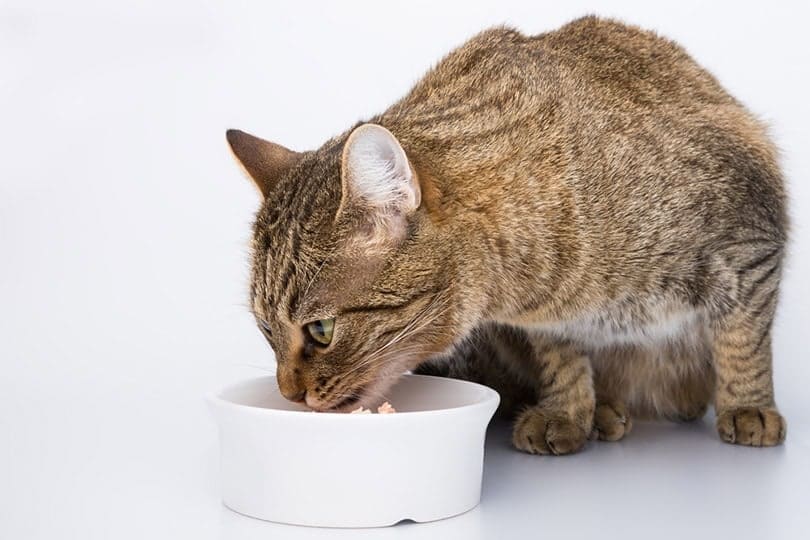
Fruits and Vegetables That Are Safe for Cats
Cats can safely eat some fruits and vegetables in moderation. However, these foods must be cooked and broken down so that they’re easier to digest. Some fruits and vegetables that cats can enjoy are the following:
- Apples
- Asparagus
- Bananas
- Blueberries
- Broccoli
- Carrots
- Cucumbers
- Green Beans
- Green Bell Peppers
- Sweet Potatoes
Cats can find these fruits and vegetables to be tasty and palatable, and they’re also packed with nutrients. Just make sure that when you’re introducing new food to your cat, it should be done slowly and incrementally. Cats have sensitive stomachs that can easily get upset if they eat a large quantity of something new.
Fruits and Vegetables That Are Unsafe for Cats
Cats can’t enjoy the same fruits and vegetables as humans. Some contain elements that are toxic to them, or they just can’t process them very well. Make sure to avoid feeding your cat the following foods:
- Avocados
- Cherries
- Garlic
- Grapes
- Green Tomatoes
- Mushrooms
- Onions
- Oranges
- Plums
- Raw Potatoes
Final Thoughts
Cats aren’t omnivores, but they can still enjoy some fruits and vegetables. When it comes to your cat’s diet, it’s important to find balance and be wary of falling into extremes. Cats can’t live off a vegan diet, but they also don’t need a raw meat diet either.
All cats are unique, so the best way to find an optimal diet for your cat is to work with your veterinarian. Veterinarians can assess your cat’s nutritional needs and recommend healthy cat food brands. You can work together to find the right kind of cat food and the appropriate portions to help your cat have a nutritious and well-balanced diet.
Featured Image Credit: Pixabay
